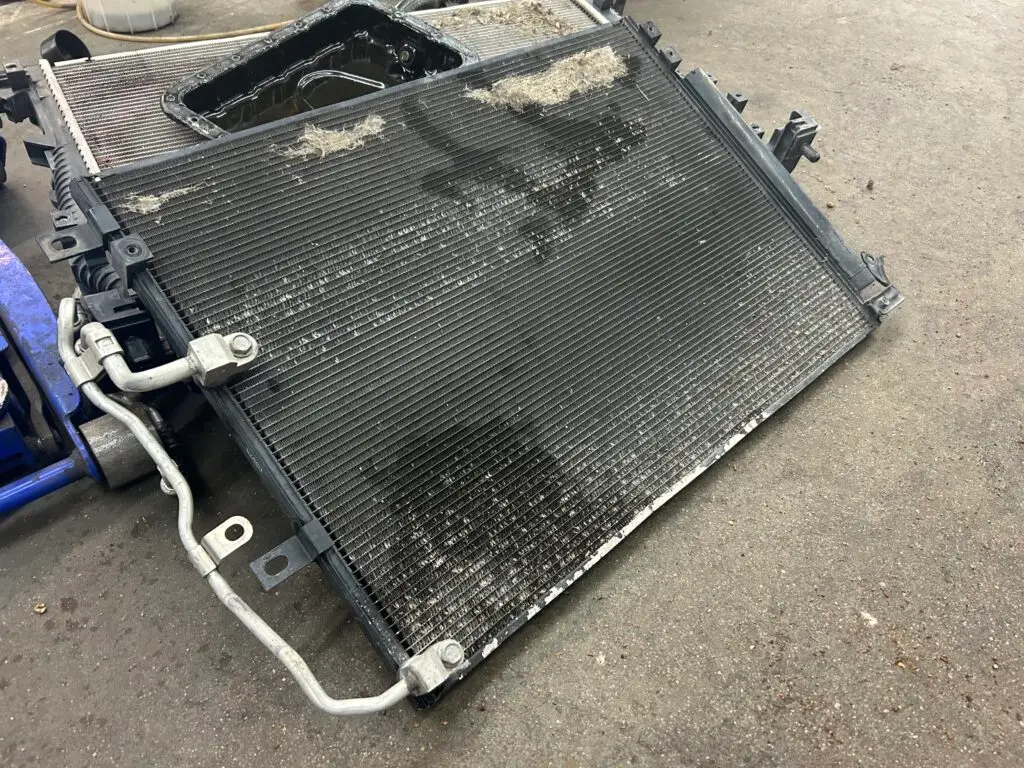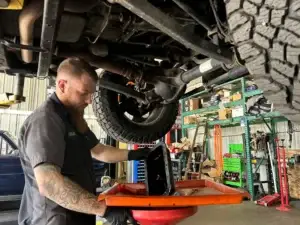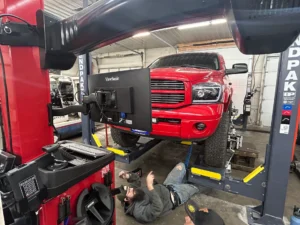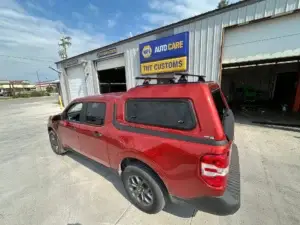And Why It Happens
By the experts at TNT Customs Auto Repair
When your vehicle’s temperature gauge suddenly spikes or you see steam billowing from under the hood, it can be a stressful moment. Knowing what to do when your vehicle overheats — and understanding what causes it — can help prevent further damage and keep you safe on the road.
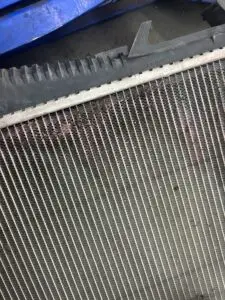
Quick Answer: What to Do If Your Vehicle Overheats
If your vehicle overheats:
-
Turn off the A/C and turn on the heat. This helps transfer heat away from the engine.
-
Pull over safely and shut off the engine.
-
Wait 15–30 minutes before opening the hood. Let the engine cool.
-
Check coolant levels if you have a coolant reservoir. Never open a hot radiator cap!
-
Call for roadside assistance.
Now let’s dig into the reasons this happens — and what you can do to avoid it.
Why Vehicles Overheat: Common Causes
Overheating can stem from a range of mechanical issues. Here are the most common culprits:
1. Low or Leaking Coolant
Coolant (antifreeze) is crucial for regulating engine temperature. If your coolant is low or leaking from a hose, radiator, or water pump, your engine may not cool properly.
Pro Tip: Check your coolant levels regularly, especially before long trips. Look for puddles under your vehicle or a sweet smell — both could signal a leak.
2. Thermostat Failure
The thermostat regulates coolant flow through your engine. If it sticks closed, coolant can’t circulate — leading to overheating.
3. Radiator Issues
A clogged, damaged, or leaking radiator can’t dissipate heat effectively. Over time, debris or old coolant can restrict radiator function.
4. Broken Water Pump
The water pump circulates coolant throughout the engine. If it fails, coolant won’t move — and your engine can quickly overheat.
5. Cooling Fan Malfunction
Electric or belt-driven cooling fans pull air across the radiator. If they stop working, especially in stop-and-go traffic, your engine temperature can spike.
6. Blocked or Collapsed Hoses
Old, brittle hoses can crack or collapse, cutting off coolant flow. Make sure hoses are flexible and free of obstructions.
Signs Your Vehicle is Overheating
Recognizing the early signs of overheating can prevent costly engine damage:
-
Temperature gauge moves to the red zone
-
Steam or smoke from under the hood
-
Burning smell
-
Ticking or knocking noises
-
Warning lights on the dashboard
Never ignore these signs. Continuing to drive while your engine is overheating can cause head gasket failure, warped cylinders, or a cracked engine block.
Can I Drive a Car That’s Overheating?
Short answer: No. Even just a few minutes of driving with an overheated engine can lead to thousands of dollars in repairs. Pull over and let it cool down.
How to Prevent Your Vehicle from Overheating
At TNT Customs Auto Repair, we recommend the following maintenance tips:
-
✅ Regularly check coolant levels and top off with the correct type.
-
✅ Schedule a coolant drain and fill every 30,000–50,000 miles. See your owners manual for specifics.
-
✅ Inspect radiator hoses and belts during oil changes.
-
✅ Replace your thermostat and water pump according to manufacturer recommendations.
-
✅ Ensure your cooling fans activate when needed.
Let the Experts Handle It
If your vehicle overheats or you suspect any cooling system issues, don’t wait. Bring your car to TNT Customs Auto Repair in Cheyenne, WY for a cooling system inspection and repair. Our ASE-certified mechanics will diagnose the issue and get you back on the road — cool and confident.
Visit us at 807 S. Greeley Hwy or call us today to schedule your appointment.
FAQ: Overheating Vehicles
Q: Is it safe to open the radiator cap if my car is overheating?
A: No. Wait until the engine is completely cool — hot coolant can cause severe burns.
Q: Can low oil cause overheating?
A: Yes. Low oil levels can lead to poor engine lubrication and increased friction, raising engine temps.
Q: How much does it cost to fix an overheating car?
A: It depends on the issue. Simple fixes like a coolant flush or hose replacement are affordable. More serious problems like a failed head gasket can be costly. Early diagnosis is key.

